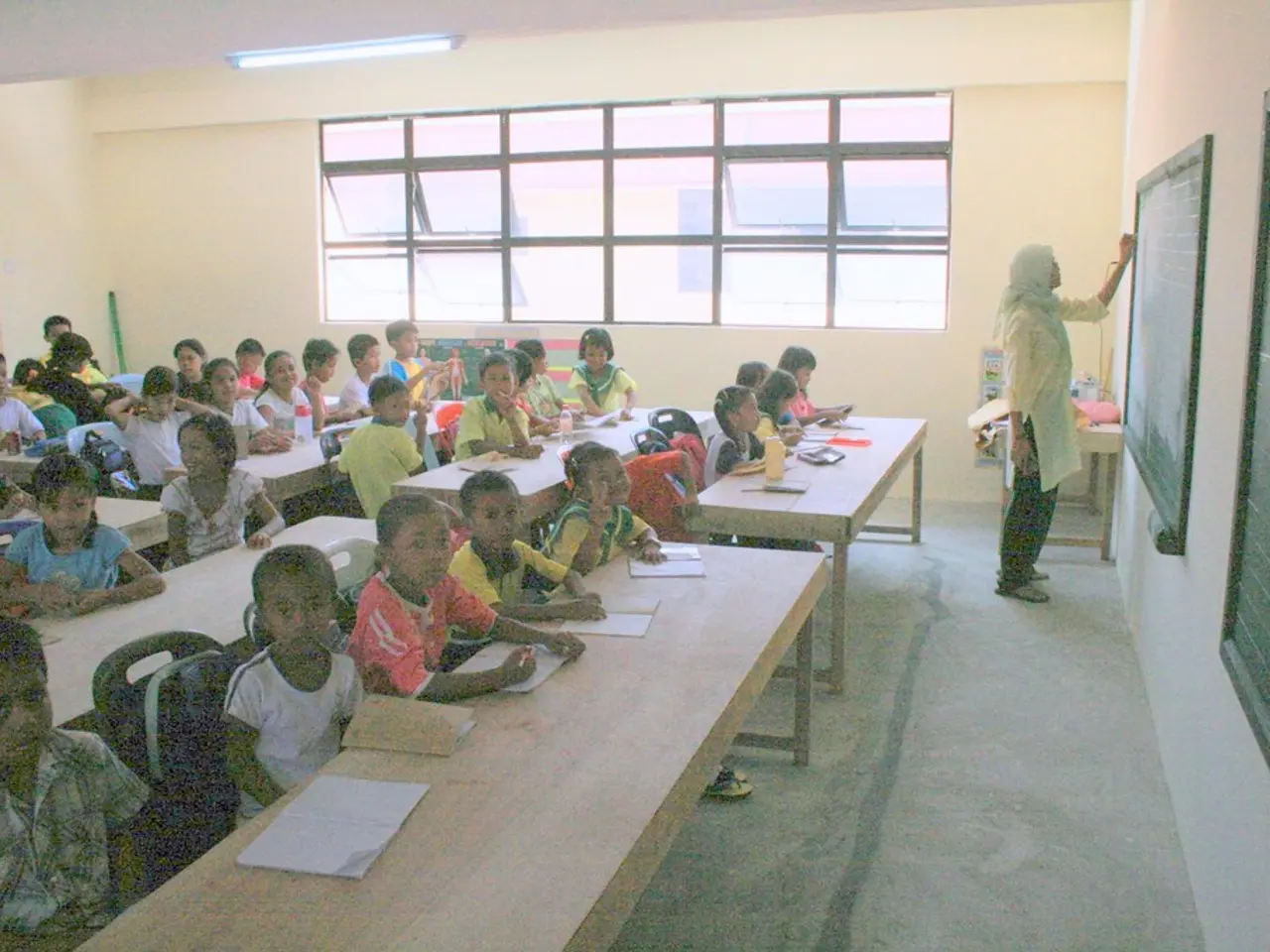Proposal for Digital Education Assistance: Electronic Learning Opportunities for Refugees
In an effort to provide high-quality educational resources to refugees, an innovative e-learning program is being proposed. This program, spanning a 12-month period, aims to cater to the diverse needs of refugees, offering a flexible learning environment that accommodates language barriers, cultural differences, and varying levels of prior education.
The e-learning program will be implemented in several phases. The initial phase involves a needs assessment, consisting of surveys and focus groups with refugees, to understand their unique requirements and challenges. The development phase, which will take approximately six months, will create the curriculum and design the e-learning platform.
The budget for the first year of the program is estimated to be approximately $150,000. A significant portion of this will be allocated to technology development, instructional materials, and staff salaries. The program's primary objective is to provide refugees with access to quality educational resources that enhance their skills and knowledge.
The e-learning program will be piloted with a small group of refugees before launching on a larger scale. It will focus on reaching vulnerable populations within the refugee community, including women, children, and individuals with disabilities. The program aims to foster a supportive online community where refugees can connect with one another and share their experiences.
By investing in e-learning solutions, the goal is to empower refugees to take control of their education and future. The e-learning program will offer a range of courses tailored to the unique needs of refugees, including language acquisition, vocational training, and life skills development.
The global refugee crisis has reached unprecedented levels, with over 26 million people currently classified as refugees by the UNHCR. To ensure long-term sustainability, the e-learning program will establish partnerships with local organizations, educational institutions, and technology companies.
The organization CLAIM has engaged with the goal of an e-learning platform for refugees, launching an accessible and free platform with courses related to racism and monitoring. The strategic preparation and resource mobilization for this platform have been detailed in articles such as "Organizational Preparedness and Resource Mobilization."
A robust evaluation and monitoring framework will be implemented to assess participant engagement, learning outcomes, and overall satisfaction. This will include regular surveys, interviews, and tracking of key performance indicators.
The e-learning program will cater to a diverse range of learners, from young children to adults. By providing accessible, high-quality educational resources, this initiative aims to make a significant impact on the lives of refugees, helping them to build a brighter future.






